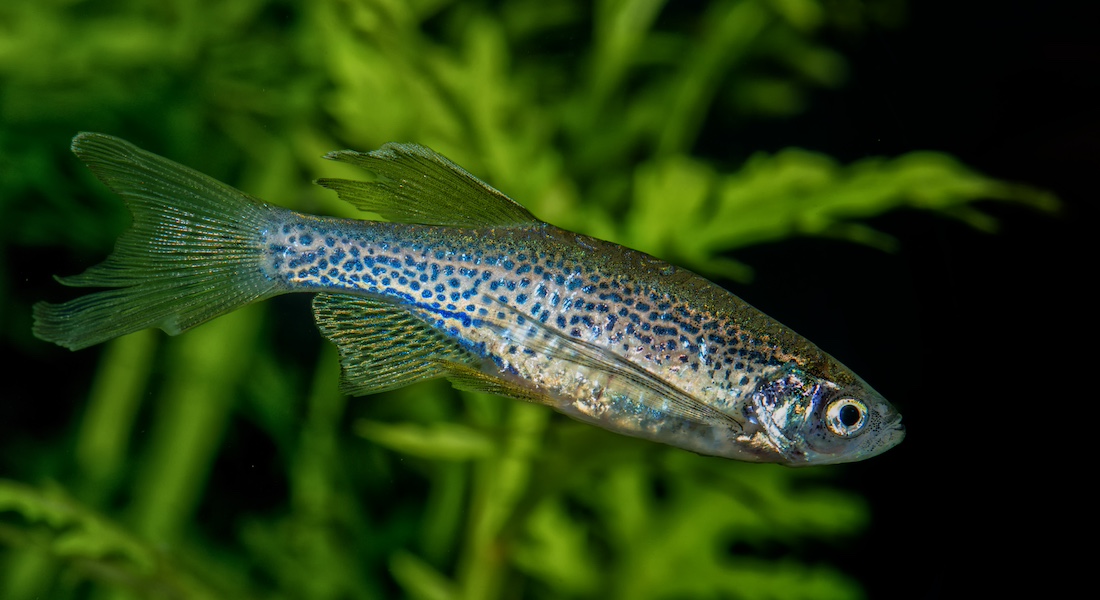Revolutionary zebrafish model unravels host gene influence on microbiota dynamics
In a leap forward for microbiome research, scientists have unveiled a groundbreaking zebrafish model designed to unravel the intricate interplay between host genetics and the microbiota. The study promises to reshape our understanding of how host genes potentially shape the composition and function of its microbial communities.

Addressing a critical gap
Every host species and organism provides a unique environmental niche contributing to the overall diversity of microbial ecosystems. Understanding interactions between the hosts and their microbes is key to understanding health and disease.
This study addresses a critical gap in our understanding of host-microbiota interactions. While much attention has been devoted to the impact of microbiota on host health, the role of host genes in shaping microbial communities has remained relatively unexplored. The study proposes a novel approach to address this gap, employing a hologenomic framework in the zebrafish model organism.
Gene knockout
“Zebrafish, renowned for their genetic tractability and similarity to human biology, serve as an ideal model to elucidate complex biological phenomena. In this study, we utilised the CRISPR/Cas system to specifically target and knock out the gene encoding tyrosinase, the rate-limiting enzyme in melanogenesis.” says first author PhD student Eiríkur Andri Thormar.
By combining gene knockout techniques with 16S metabarcoding and metabolomics analyses, the researchers were able to discern the direct impact of host genetics on the composition and function of the intestinal microbiota. Remarkably, knocking out the tyrosinase gene correlated with significant alterations in the zebrafish microbiota composition and the abundance of specific metabolites in the intestine.
A paradigm shift
"This study represents a paradigm shift in our approach to studying host-microbiota interactions," Eiríkur explains. "By integrating genetic manipulation techniques with advanced omics technologies, we can now dissect the intricate relationship between host genes and the microbiota with unprecedented precision." This knowledge is essential to understanding health and disease.
The study titled: "A zebrafish model to elucidate the impact of host genes on the microbiota" was led by a team of researchers including Eiríkur Andri Thormar, Jacob Agerbo Rasmussen, and Morten Limborg from Center for Evolutionary Hologenomics, the zebrafish specialist team at section for Parasitology and Aquatic Pathobiology, University of Copenhagen and Martin Hansen from the Environmental Metabolomics Lab, Aarhus University. It was published in the journal Environmental DNA. Read the open access publication here.
Contact:
PhD student Eiríkur Andri Thormar
